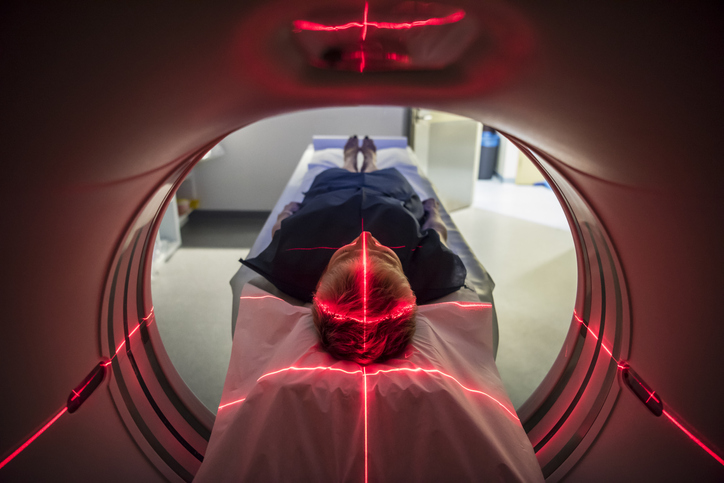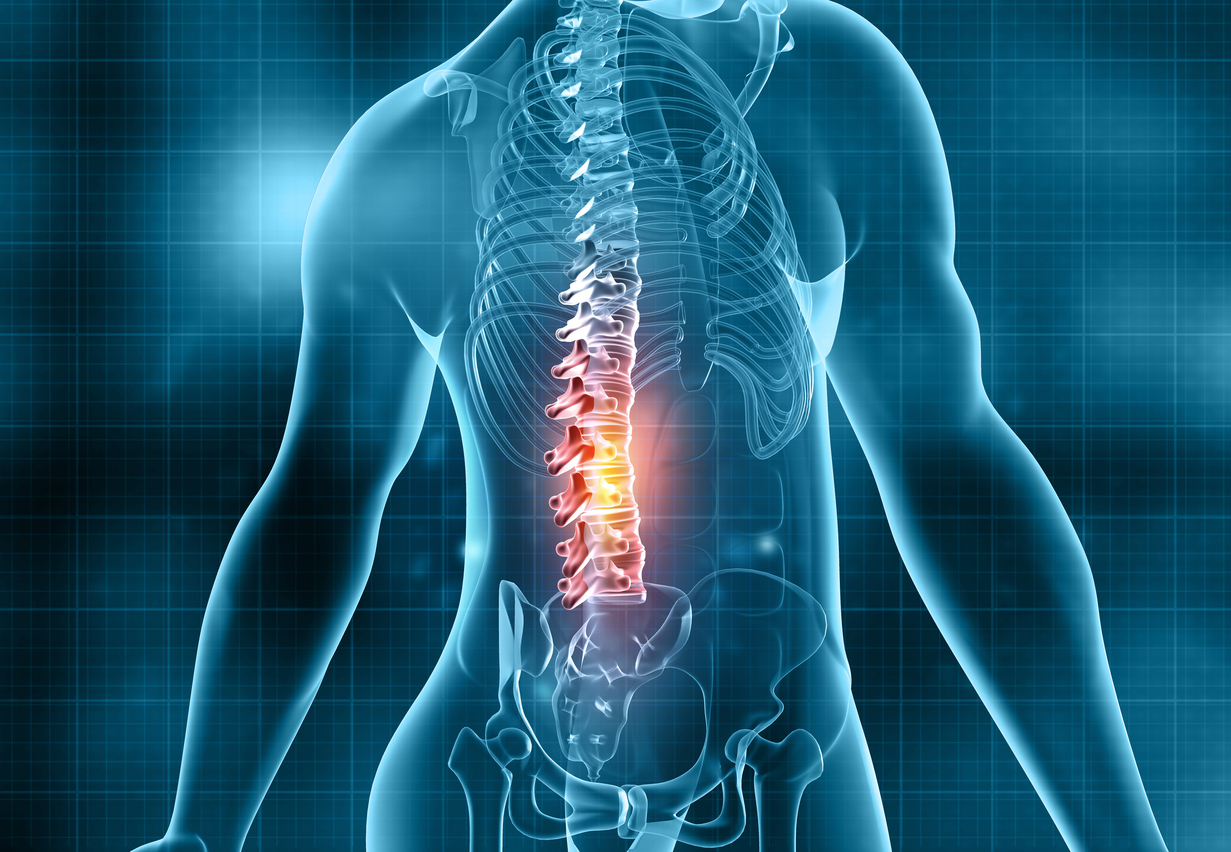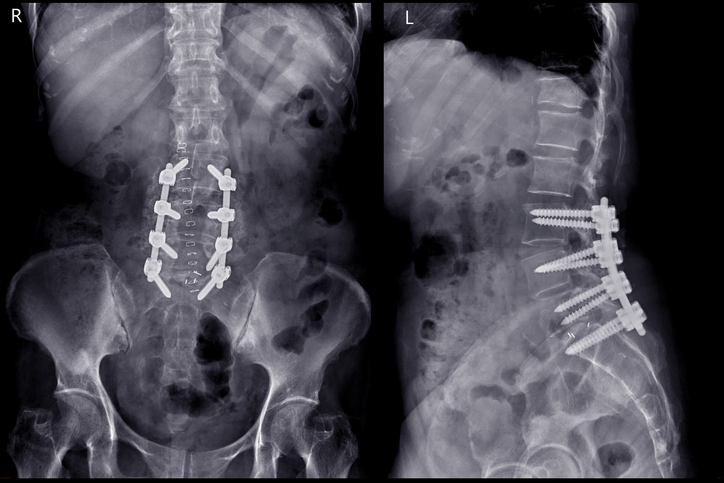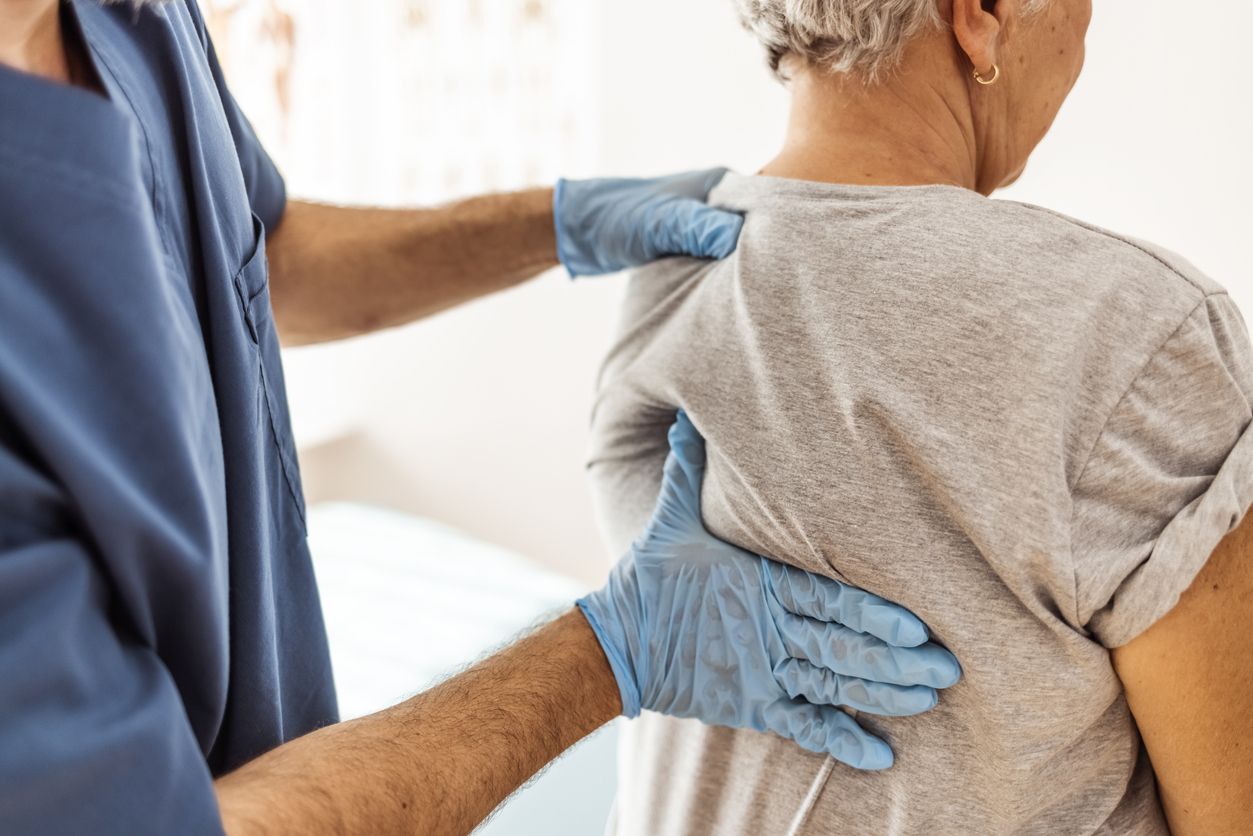Pain
Failed Back Surgery Syndrome and How to Avoid Pain Following Surgery

What is failed back surgery syndrome?
Failed back surgery syndrome (FBSS) occurs when a spine surgery does not relieve the back pain that was present before the surgery. FBSS does not necessarily mean a problem occurred during the surgery; however, it does mean that one of the intended outcomes of the surgery — the reduction or elimination of pain — has failed.
An FBSS diagnosis requires that back pain is linked to spinal surgery. In order to be diagnosed with FBSS, the pain must continue, reoccur, or worsen after the expected healing time has elapsed, however, not after too much time has passed following surgery that it could be caused by another health issue. For example, if an individual undergoes surgery for a herniated disc, then two years later develops back pain because the herniation recurs, they may be diagnosed with FBSS. If someone develops back pain 12 years after back surgery, it is highly unlikely that they will be diagnosed with FBSS.
How to avoid additional pain following back surgery
Pain following spinal surgery can last for days or weeks. However, there are certain tips to help with controlling pain after surgery.
- Communicate with a health care professional. Prior to back surgery, a health care professional should be consulted on what activities to avoid following surgery. Walking for short periods can relieve soreness; however, instructions received from a medical professional should be followed.
- Take medicine as directed. Pain medication is usually prescribed when leaving the facility after a surgical procedure. Be sure to get the prescription filled immediately and take the medicine as directed. Additionally, take any over-the-counter medications, such as acetaminophen, ibuprofen or naproxen, as recommended.
- Use caution when moving. Mobility is restricted for a certain amount of time following surgery. Ensure that all orders are followed. This typically includes no lifting, bending, or twisting at the waist. A walker or cane may be recommended to use while walking for several days. Staying in one position for extended time periods can increase stiffness.
- Utilize complementary treatments. A TENS unit may be beneficial after a surgical procedure. Acupuncture or psychological treatments may help with physical and mental struggles associated with surgery.
- Complete physical therapy. Physical therapy is often prescribed to increase strength and mobility. In order to keep pain under control, individuals should attend all physical therapy appointments as recommended. Certain activities may also be suggested to do in the home.
















